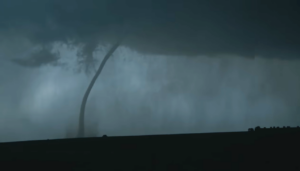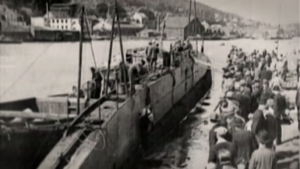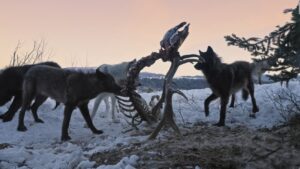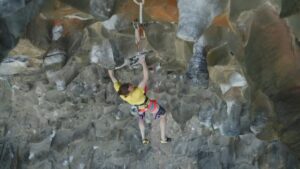The Alps are supposed to be an escape from the metropolises of Europe, a place for outdoor exploration and athleticism. But nowadays, greed and industry have the beloved European playground in a chokehold, all in the name of furthering downhill skiing.
Developers aim to turn the Pitztal Glacier and Ötztal Glacier in Tyrol, Austria into the largest ski resort in Europe. They aim to add features like tunnels and new ski lifts.
What does this mean for the glaciers? They are already melting even before construction has begun. This much human activity on the slopes will only accelerate the effect of climate change. By 2050, glaciers in the eastern Alps may disappear entirely.

Photo: Lukas Gojda/Shutterstock
The high alpine seems barren, especially in winter, but life exists in many forms. Even at higher altitudes, bacteria and microorganisms thrive. Wildlife is scarce yet present, and vital vegetation flourishes in spring and summer.
We need to remember that nature cannot speak for itself. It “has no lobby,” according to chemist Gerd Estermann. We need to keep in mind that we’re a part of nature as well, and one day when we leave this Earth, we will return to it. Politicians and bureaucrats need to think about what we will leave for the next generation. There is a way to combine sustainability and tourism.
The people who know the Alps best, those who live there, are fighting back. The short film, Vanishing Lines, sponsored by Patagonia, appeals to alpine country governments to ban such projects and preserve their mountain heritage.






